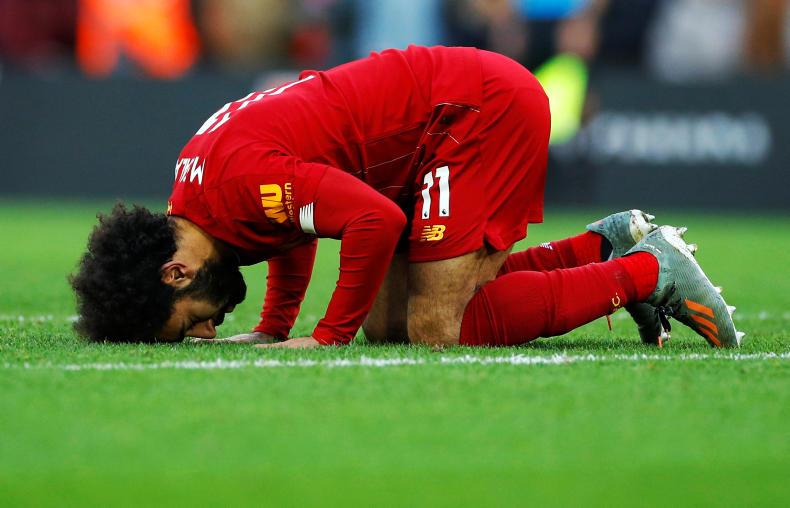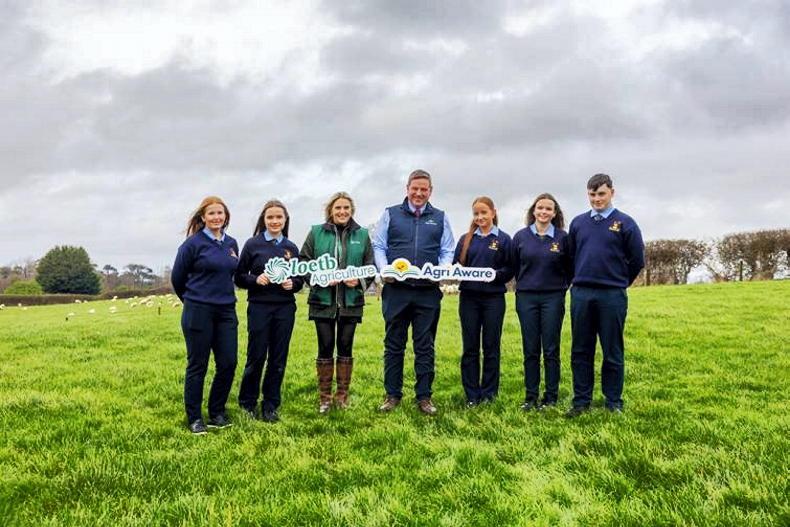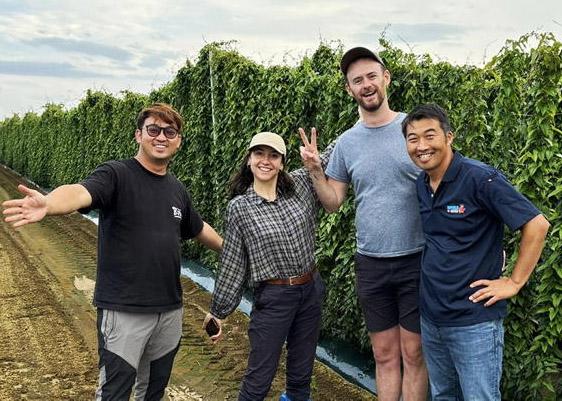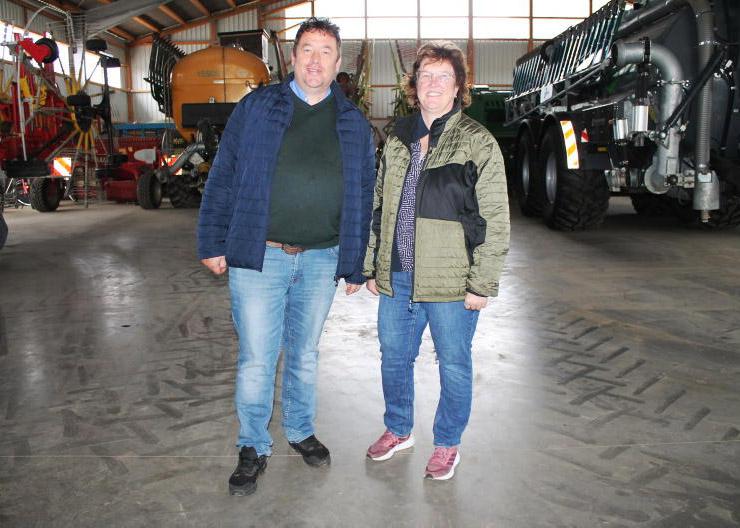Mohamed Salah, A gift from Allah...
He’s always scoring, It’s almost boring
So please don’t take Mohamed away
– Liverpool football chant
Farming has arguably never faced as great a challenge as it does today. In recent years, the sector has endured an onslaught of bad press and negative publicity right around the world, mostly related to climate emissions from ruminant livestock, the environmental impact of agriculture and animal welfare issues.
Even in Ireland, where agriculture is an important part of our heritage and modern economy, many farmers have never felt so at odds from the rest of society. The drip-drip effect of negative reports on farming across the mainstream media has seen many sections of Irish society starting to take a very dim view of agriculture.
The sector has endured an onslaught of bad press and negative publicity right around the world, mostly related to climate emissions from ruminant livestock
This is also not helped by the fact that most consumers today are more than two generations removed from the farm gate and have little or no understanding of what farmers actually do. Slowly but surely, Irish farmers’ social licence to operate is being eroded. And if you think this could never happen, just ask a farmer in the Netherlands, Germany or New Zealand.
But how can farmers stem the tide? How do you change attitudes and inform consumers of all the positive things that farmers deliver?
Mohamed Salah
This is not an easy task by any measure, but some of the answers may lie with Mohamed Salah, the Egyptian footballer who has lit up the Premier League since he joined Liverpool Football Club in 2017.
In his first season, Salah helped to guide Liverpool to the Champions League final and scored 32 goals in the Premier League, setting a new record for the most goals scored in a 38-game Premier League season. The Egyptian player was an instant star on Merseyside.
As well as being one of the biggest stars in the Premier League over recent years, Salah is a practising Muslim and can often be seen praying before matches. When he scores, Salah regularly celebrates by performing the sujud, which is the bowed position Muslims make during prayer. Alongside this, Salah named his daughter Macca in honour of the Islamic holy city of Mecca.
The study concludes that Mohamed Salah’s rise to stardom has exposed Liverpool fans to the reality of a practising Muslim with a young family, which has in turn helped to reduce Islamophobia and hate crimes against other Muslims in the city
But what has any of this got to do with farming and changing perceptions you may ask? Liverpool is not a city known for inclusivity. During a Merseyside derby game between Everton and Liverpool in the 1980s, fans threw bananas on the pitch at John Barnes, a Black British player.
And when Salah joined Liverpool in 2017, Islamophobia in the UK was widespread. A YouGov poll of 35,000 people showed almost 60% of respondents felt that Islam was incompatible with so-called “British values.”
However, Salah’s rise to stardom at Liverpool has resulted in a major shift in attitudes towards Muslims in the city, a phenomenon known as the “Salah effect”.
Last year, researchers from Stanford University in California produced a study on this subject and found there has been a 20% drop in hate crimes against Muslims in the Liverpool area, as well as a 50% drop in anti-Muslim posts on social media by people in the Liverpool area.
The researchers also surveyed more than 8,000 Liverpool supporters and found a significant increase in tolerant responses to the compatibility of Islam and "British values" compared to the YouGov study.
The study concludes that Mohamed Salah’s rise to stardom has exposed Liverpool fans to the reality of a practising Muslim with a young family, which has in turn helped to reduce Islamophobia and hate crimes against other Muslims in the city.
Experience
For farmers, the lesson here is about human experience and how we educate people. If we want to change attitudes to farming in this country, then we need to follow the example of Mohamed Salah and give consumers a first-hand experience of Irish farming.
We need to get consumers on to more real-life, working farms and show them how their food is produced, the standards it is produced to and the care that farmers have for the environment.
Getting consumers on to farms will also allow us the chance to educate them about the biogenic cycle of methane emissions, the role grasslands and hedgerows play in capturing carbon from the atmosphere and the level of care that Irish farmers have for the welfare of their animals.
We need to get consumers on to more real-life, working farms and show them how their food is produced, the standards it is produced to and the care that farmers have for the environment
Agri Aware has run some hugely successful farm open days in recent years, which have attracted big crowds but we need to scale these days up so we can connect with more urban consumers, in particular children.
We’re repeatedly told how the younger generation is seeking out experiences. If this is the case, then we should give them the experience of farming and let them meet real farmers.
Only then will the Irish public begin to understand all the positives farmers deliver for the country.









SHARING OPTIONS